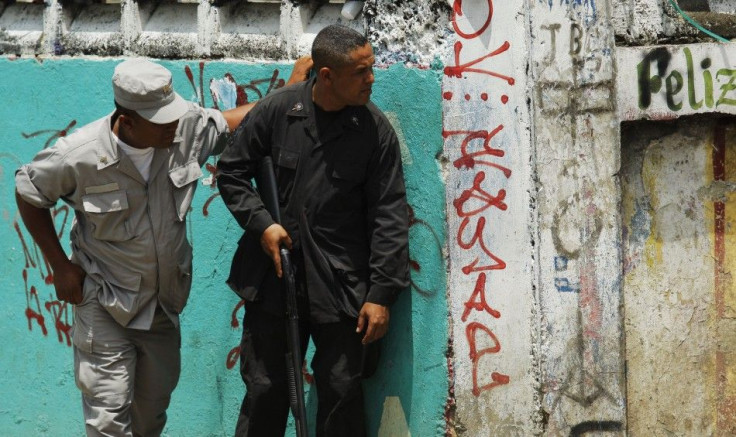Corruption and Abuse Rife Among Dominican Republic Police: Amnesty

Police in the Dominican Republic are increasingly abusing their authority and even resorting to committing acts of torture and murder, according to a scathing new report from human rights group, Amnesty International.
Amnesty urges the Caribbean country to quickly reform its police force in order to bring an end to alarming levels of killing and torture.
“Authorities must ensure those responsible for the killings and torture face justice and that steps are taken to change the policies and practices that allow these abuses to take place,” said Javier Zúñiga, head of Amnesty International’s delegation in the Dominican Republic, in a statement.
“The official view continues to be that human rights violations are committed by a few corrupt or unprofessional officers who are swiftly dealt with and held accountable but the reality paints a very different picture.”
Over the past decade, a surge in drug trafficking has led directly to soaring rates of violent crime. In response, police have taken drastic steps against suspected criminals and even innocent bystanders.
Reportedly, one-tenth of all murders in the country last year were committed by the local police. Amnesty said that in many cases of gunfire with criminals, police shoot specifically to kill, not to defend themselves.
In response, police assert that many of their officers have also been killed in the raging drug war.
We acknowledge that police officers usually face dangers while doing their jobs, said Zuniga.
However, we believe their conduct is actually exacerbating the violence and creating a climate in which human rights are completely ignored.
Amnesty also charged that Dominican police are widely viewed as corrupt and ineffective – in many cases, working in league with criminals.
Reportedly, the Santo Domingo government has fired thousands of officers in recent years, in a stark admission of widespread corruption among the force.
Meanwhile, killings continue to rise in the small nation.
According to Amnesty, 154 Dominicans were murdered by police in the first seven months of this year, up from 125 in the same period in 2010.
“Police killings should not become the way to solve the problem of repeat offenders and warn young people against crime,” said Zúñiga.
Moreover, Amnesty accused the police of mistreating, abusing and even torturing suspects held in custody.
“Criminal suspects have been threatened with death, beaten and denied food, water and essential medicines,” the group said.
“Some have had plastic bags put over their heads and were hung from bars or nails by their handcuffs. At least two people last seen in police custody are feared to have been the victims of enforced disappearance. “
Amnesty added that “only a fraction” of such cases reach the courts or are even investigated.
“The system for investigations of police abuse in the Dominican Republic is disorganized and lack proper procedures to handle complaints of human rights violations by the police. Whether a police officer faces justice for a killing or torture depends largely on whether the victim or their family lodges an official complaint, the level of publicity a case attracts and the political pressure exerted on prosecutors,” said Zúñiga.
© Copyright IBTimes 2024. All rights reserved.




















